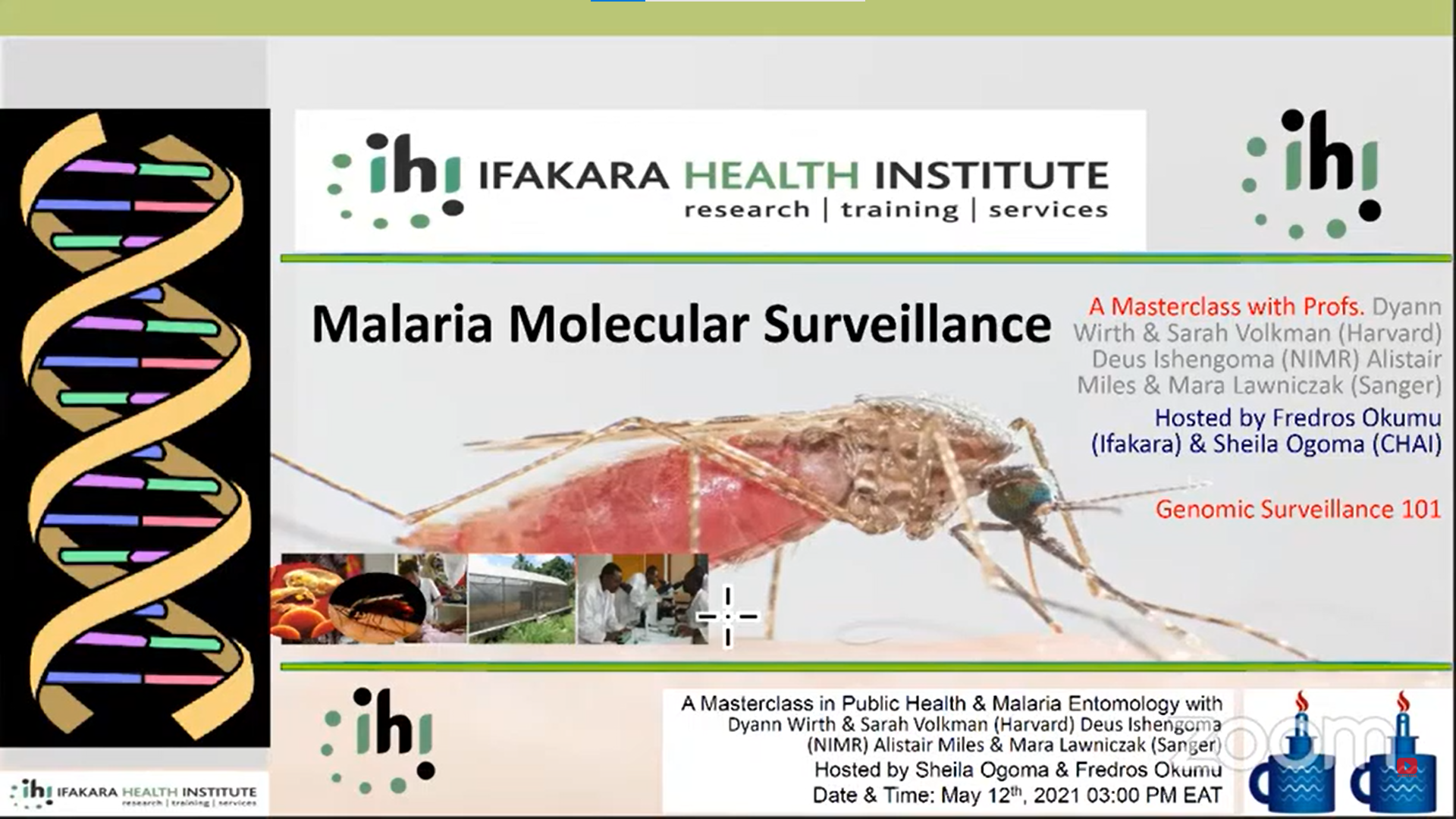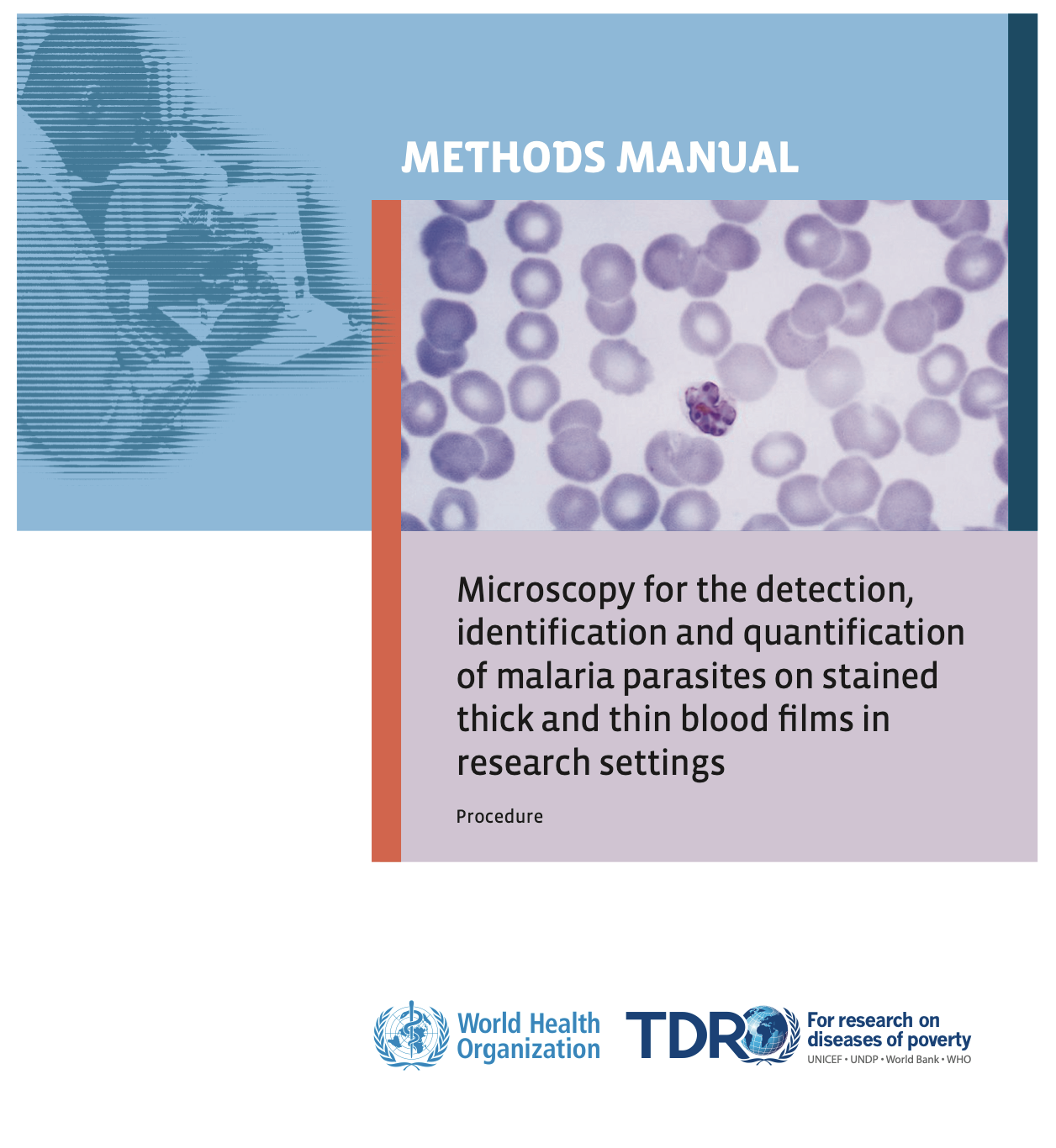Last Updated: 01/09/2025
NIHR Global Health Research Group on Establishing Regional Hubs for Genomic Surveillance in West Africa, at the Wellcome Sanger Institute – Phase II
Objectives
This is a Phase II project and its main objective is to expand capacity for genomic surveillance of malaria parasites and mosquito vectors in West Africa, and to generate essential information required for National Malaria Control Programmes (NMCPs) to plan sustainable interventions. Leveraging previous achievements in capacity building in The Gambia and Ghana, there is the aim to establish regional sequencing hubs that will provide NMCPs with timely, actionable genomic surveillance data.
As specific objectives:
- To establish targeted amplicon sequencing pipelines that will generate surveillance data needed to address threats to sustainable malaria control identified by the World Health Organisation. These include: the threat of parasite resistance to first line antimalarials and treatment failure increasing vector resistance to pyrethroids causing a reduction in the efficacy of bednets vector species diversity and residual transmission parasite gene deletions that cause rapid diagnostic tests to fail reintroduction of parasites as an obstacle to local control and elimination.
- For the sequencing hubs in Ghana and The Gambia to achieve reliable production of genomic surveillance data and, through continual improvement of underlying technologies and operational processes, to progressively increase the scale of production and reduce turnaround time.
- To establish a sampling framework for genomic surveillance of parasites and vectors in partnership with research groups and NMCPs in Ghana, The Gambia, Senegal, Nigeria, Burkina Faso, Guinea and Sierra Leone.
- To integrate genomic surveillance into national and regional malaria control initiatives, building on existing links with NMCPs and with the PDNA network. We also aim to form a strong working relationship with the new African Pathogen Genomics Initiative.
Thanks to previous NIHR funding (Phase I), the Ghana and Gambia sequencing hubs will be generating surveillance data on parasite drug resistance from the outset of this project.
Medical Research Council (MRC) Unit The Gambia at the London School of Hygiene and Tropical Medicine, The Gambia
West African Centre for Cell Biology of Infectious Pathogens (WACCBIP), Ghana
Navrongo Health Research Centre (NHRC), Ghana
Liverpool School of Tropical Medicine (LSTM), United Kingdom
Alfred Amambua Ngwa
Lucas Amenga-Etego
Gordon A Awandare
Martin James Donnelly
National malaria control programmes (NMCPs) need effective tools to monitor resistance to control measures and to provide early warning if their interventions are causing resistance to rise to unacceptable levels so they can change strategy. Advances in genomic surveillance revolutionised the UK response to the COVID pandemic and demonstrated the power of this tool across the world. Proof-of-concept of malaria genetic surveillance in West Africa led by the University of Ghana (UG) and the MRC Unit in The Gambia (MRCG) has shown that data is better integrated into decision making if the genetic data is generated in-country and the NMCP is involved and engaged in the process.
Knowledge of genetics, genetic markers and genetic epidemiology is outside the domain of expertise of most NMCPs. Therefore, subject matter experts need to work with NMCPs to bridge the gap and support implementation. Discrete but connected hubs can support NMCP-managed activities in different countries and integrate data generated into regional analyses. Hub leaders also serve as advocates to connect these data to a global data sharing network by forging strong relationships in both directions and acting as stakeholder representatives. Bringing malaria genetic surveillance data across the world benefits public health. If a new form of parasite drug resistance or mosquito insecticide resistance emerges elsewhere in the world, it will greatly help an NMCP to monitor and manage the problem if the genomic analysis software is continually updated to incorporate the most useful genetic markers, which are likely to have been discovered elsewhere. However, those new to sharing data openly benefit from working closely with subject matter experts who are knowledgeable and sensitive to cultural, operational and technical challenges in achieving this.
Genomic surveillance of COVID has been world-headline news, demonstrating the power of genetics for public health particularly in the UK. Rapid advances building on malaria genomic surveillance in West Africa have the potential to catalyse relationships and advancement in malaria. For example, building on capacity for malaria genetic surveillance in our current programme of research, scientists at UG applied these tools to sequence genomes of the SARS-CoV-2 virus from confirmed cases in Ghana. Combined with local leadership, genomic surveillance tools can be applied to pathogens and viruses for both endemic and pandemic infectious disease.
Having established end-to-end implementation of genomic surveillance of malaria using Amplicon sequencing at UG and MRCG, we will work with leaders to instigate their own discrete but complementary regional networks including developing capacity for managing multi-partner collaborations. Hub leaders will work with their collaborators to provide training from sample collection through to the translation of genomic data into actionable knowledge. By the end of this project, we aim to be integrating these systems into the routine working practices of NMCPs in countries that are part of the regional networks of Ghana and The Gambia, and to provide a working example of how such systems could be deployed at other locations in Africa.
Sep 2022 — Sep 2025
$3.47M


